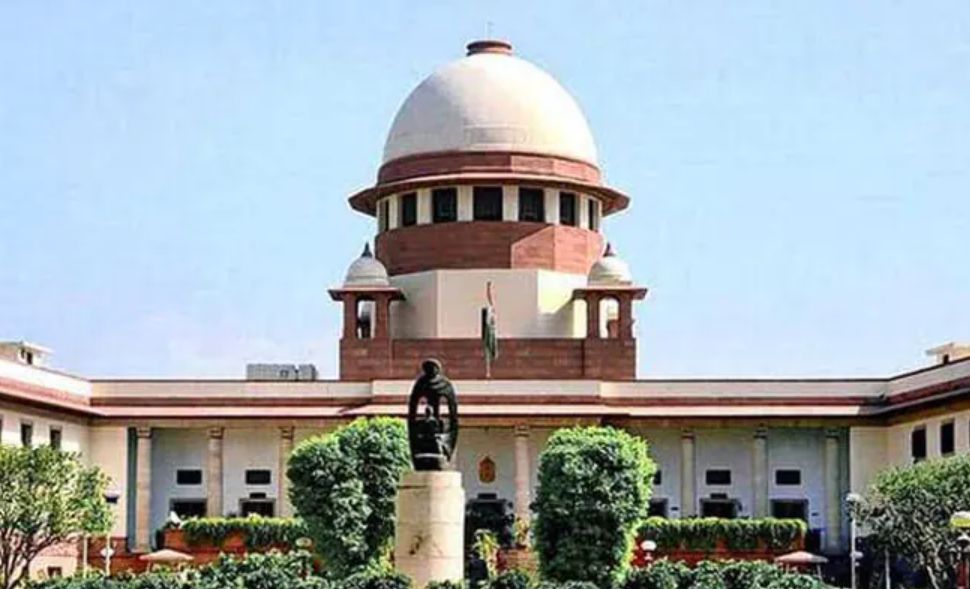Electoral Bonds: An insight into the past and present

Electoral bonds are instruments that individuals as well as companies can purchase to fund the political parties of their choice. These bonds are issued by the State Bank of India (SBI). These bonds are sold in multiples of ₹1,000, ₹10,000, ₹1 lakh, ₹10 lakh, and ₹1 crore.
Even corporates and foreign entities can purchase these bonds. The contributions made under this scheme have 100% tax exemption. The identities of the donors are kept undisclosed from the bank as well as the political parties.

If cash below Rs 20,000 is donated, the name of the donor need not be revealed but if cash above 20,000 is donated political parties need to reveal the identity of the donor. But in case of electoral bonds, no matter how large the sum donated, the identity of the donor is not revealed.
From its inception, these bonds have become the primary source of funding for the political parties in India. Association for Democratic Reforms(ADR) is a non-profit set up in 1999 for the purpose of electoral and political reforms. It has revealed that 56% of all funding in Indian politics comes from electoral bonds.
The Supreme Court on Thursday struck down the electoral bonds scheme and directed the State Bank of India to stop issuing them immediately
The court has directed SBI to submit the details of political parties which have received contributions through election bonds. The details should include the date of purchase of each electoral bond. Also, the name of the purchaser of the bond, and the denomination of the electoral bond purchased should be included.



